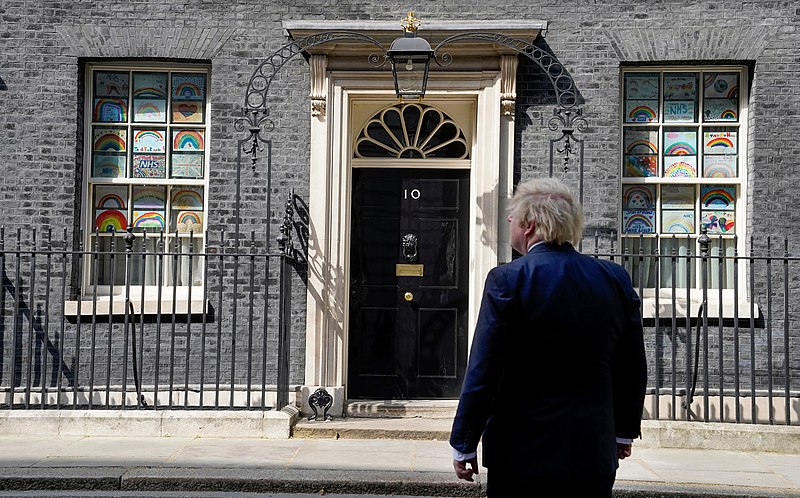Narrowly surviving a vote of no confidence on 6 June, Boris Johnson is out of the frying pan and into the fire.
Both his Health Minister, Sajid Javid, and Finance Minister, Rishi Sunak, resigned minutes apart from each other on 5 July as a result of multiple scandals and cover-ups orchestrated by the Prime Minister. Backbench MPs are now fed up, with some vowing to oust the PM by any means.
Following the resignation of the two senior ministers, at least four of other Conservative party junior ministers have also thrown in the towel. Live on TV on 5 July, the vice-chair of the Conservative party announced his resignation, denouncing the “appalling” behaviour of the Prime Minister.
The hair that broke the camel’s back for the two ministers relates to the government’s appointment of a cabinet member under suspicion of sexual wrongdoings. The PM likely knew about these allegations made against the minister before the appointment, infuriating some senior ministers and backbenchers.
One scandal after another
Johnson has clung desperately to his premiership since May, when a report revealed a string of information about Downing Street gatherings held during lockdown. Johnson is accused of fostering a culture of rule-breaking by British officials.
The opposition and several Conservative politicians had repeatedly called on Johnson to step down over the affair, one of a series of scandals which have marred his leadership.
Tory backbencher and former chief whip of the party, Andrew Mitchell, told British broadcaster BBC that it was now “over” for Boris Johnson, encouraging other politicians to force the prime minister out of his position.
Related News
- UK PM Boris Johnson survives no-confidence vote despite huge internal rebellion
- EU rejects UK demands to rewrite parts of Brexit deal over Northern Ireland
Ordinarily, Conservative party rules dictate that the Prime Minister cannot face another vote of no confidence within a year, however there are expectations that rules may be changed to facilitate the PM’s departure.
Other factors have also led to growing dissent within the party. Finance Minister Rishi Sunak referenced planned taxed increases in his resignation letter, stating that the Prime Minister's approach is “fundamentally too different” to his own.
Sir Ed Davey, leader of the Liberal Democrats party, told the BBC that Conservative MPs must now do their “patriotic duty” and oust Johnson as quickly as possible. A sentiment echoed by the lead of the labour opposition, Sir Keir Starmer, who stated that the Conservative government was “now collapsing” following “sleaze” and “failure.”

